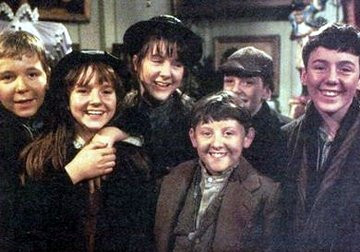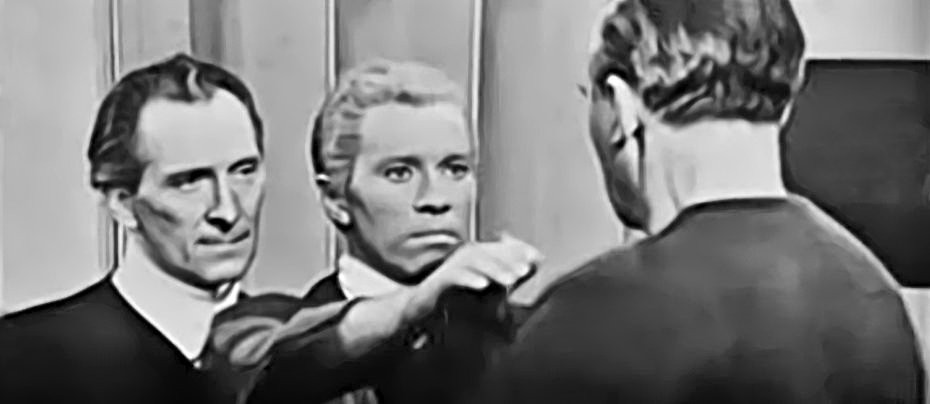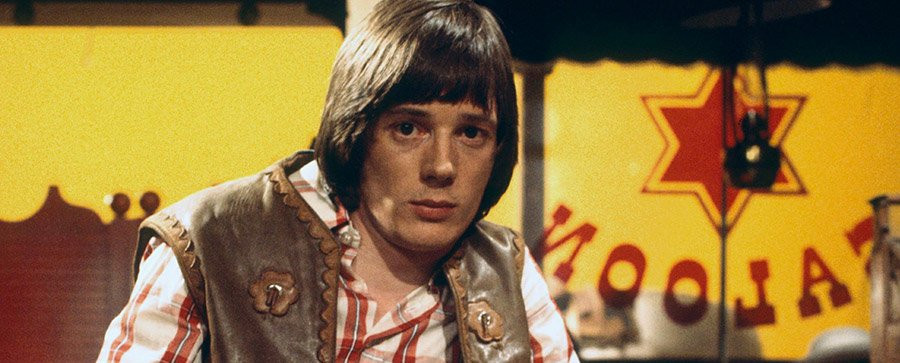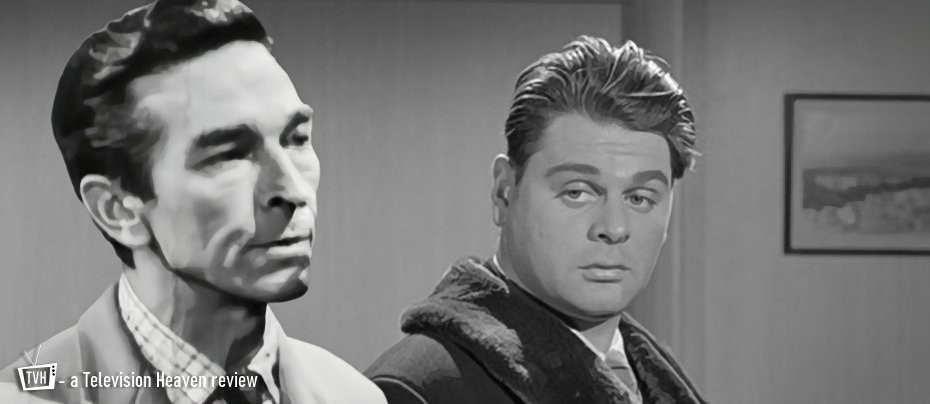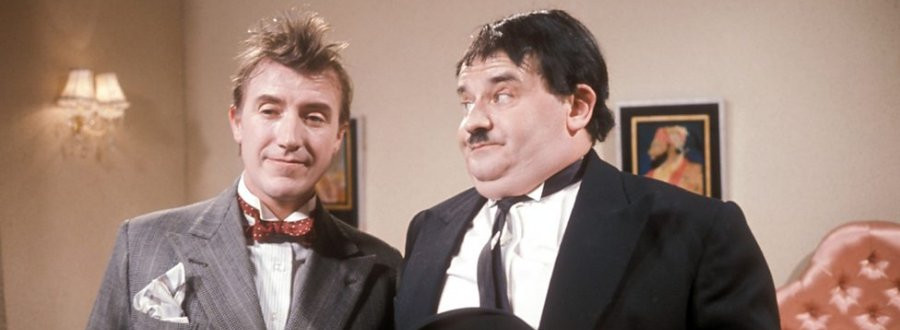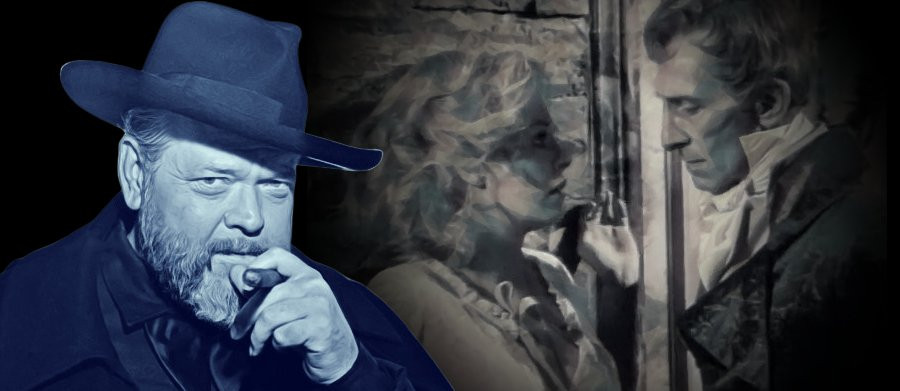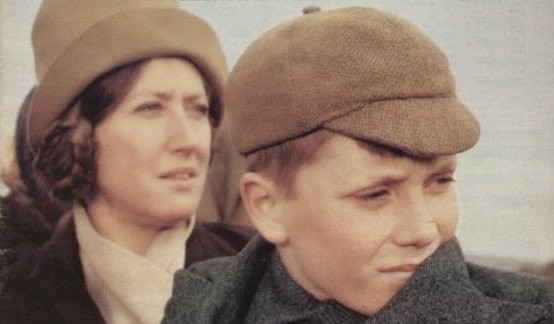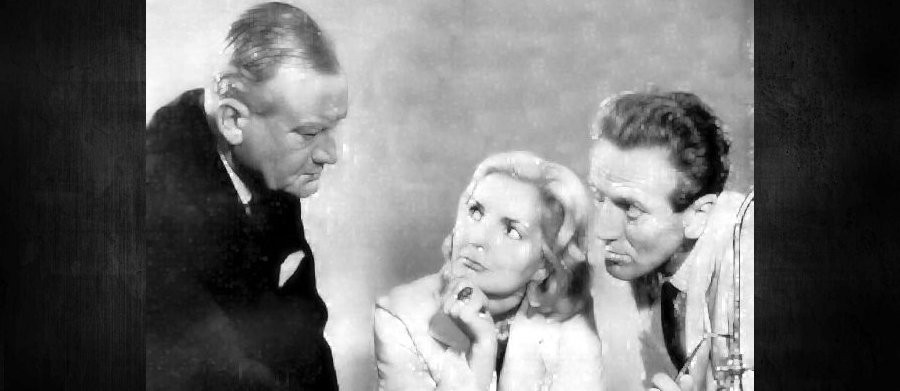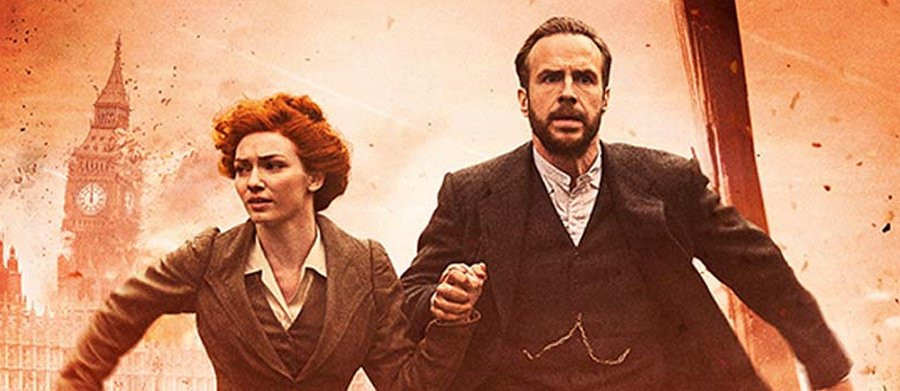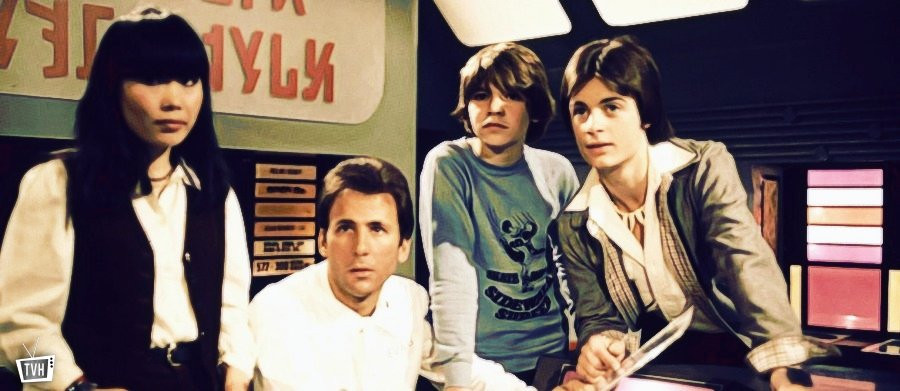
The Tomorrow People
1973 - United KingdomReview: BS
In 1973, some dramatic synthesised instrumental music introduced us to The Tomorrow People, seeming to be a curious mix of Grange Hill and Doctor Who. In the opening episode a distracted schoolboy named Stephen who hears voices in his head collapses in a market and is taken into Claremount General Hospital. Unaware to him or his family, his situation is being monitored from afar.
The Tomorrow People describe themselves as the next development of the human race, a continuation of mankind’s evolution. But at the stage at which Stephen is welcomed into their world, there are just four such people. John, Kenny and Carol are the only members of this telepathic collection of youngsters, along with their newly discovered member. Their goals are admirable – as the next step in evolution, they cannot wage war and cannot kill, with intent only to put the world in order. But such noble intent leaves them vulnerable as their peaceful edict applies to their defence as well as their own actions.
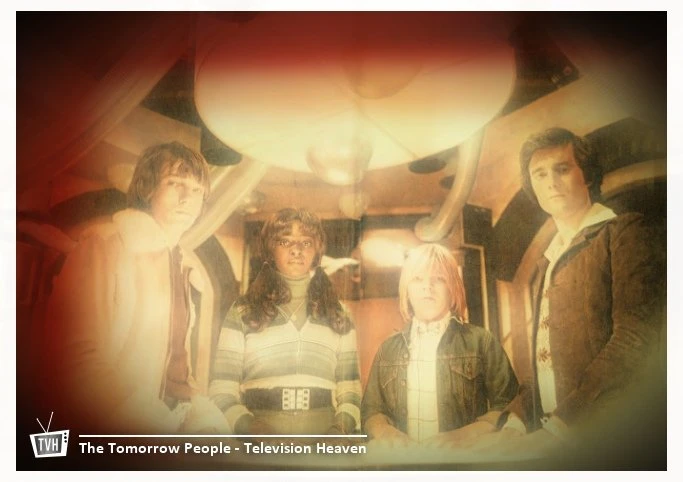
As with all good dramas, the decent people at the heart of the story have equally evil counterparts. As Carol is informing Stephen of his powers and of the existence of Tomorrow People, he is promptly kidnapped by two people masquerading as hospital workers. Attempts by the Tomorrow People to use their telepathic skills to rescue Stephen from his captors fail and their failure ends with a cliff-hanger as the screen introduces us to a mysterious figure who looks not dissimilar to DoctorWho’s Master. This is Jedikiah and it is to him that Stephen is taken.

Jedikiah himself is a shape-shifting robot merely doing the bidding of an alien cyclops looking to use the powers of the Tomrrow People to return home. Sadly, the potential for Jedikiah to become a sinister nemesis to John and his young companions rather fell flat of seventies effects when his robot form was revealed. That said, he does re-appear in later series with vengeance on his mind for having been cast out into space at the end of the first series.
Subsequent series saw the cast and tone chop and change regularly. Some of the acting and indeed the characters was sub-standard, but changes were made to try and amend the problems. Sometimes they are explained, such as in series two when we are told that two of the original Tomorrow People are now ambassadors for the planet at the Galactic Federation’s headquarters, but the original ‘breaking out’ teen, Stephen is gone in series six with no such justification.
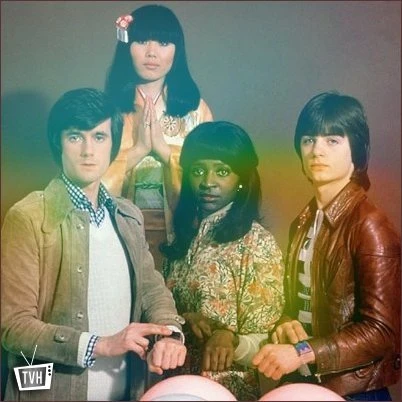
The standards and storylines are hit and miss. The discovery of Adolf Hitler in one storyline sees the lead characters attempt to stop him from further atrocities. Humour is experimented with and ditched, and there are nods to its rivals at the time as writers try a bit of time travel and at its conclusion, The Tomorrow People steps fully into interplanetary warfare as the team try to protect the Earth from falling victim to two warring races.
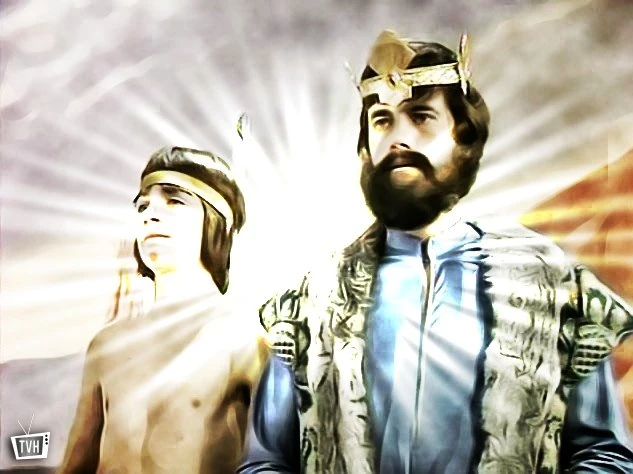
The initial theory that this was ITV’s answer to Doctor Who didn’t exactly work. Unlike the Time Lord’s adventures, The Tomorrow People was targeted more directly at a younger audience both in timeslot and storylines, while plenty of youngsters liked to wrap themselves in multi-coloured scarves and carry packs of jelly babies, that was their adulation of the time travelling show. The Tomorrow People appealed in the idea that its target audience were exactly the age at which its heroes developed from ordinary school children into the superior lifeforms.
Although comparisons between the two shows will always find in the Doctor’s favour, getting eight series out of a children’s science fiction story with some questionable acting and equally dubious effects is a great credit to the show’s core subject – that there is hope for the younger generation to become more compassionate and peaceful beings than they may have otherwise become. While subsequent American offerings such as Marvel’s Agents of Shield and the hugely successful X-Men movies have played with the idea of shunned but highly gifted individuals walking among us, The Tomorrow People differed in its intent that they must do no harm. It’s perhaps this that allows a retrospective nod to a more honourable thread running through the show, and the warm affection for the adventures that it brought to its generation.
Seen this show? How do you rate it?
Seen this show? How do you rate it?
Published on September 15th, 2020. Written by Brian Slade for Television Heaven.


